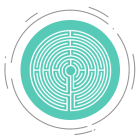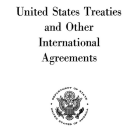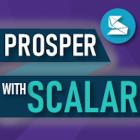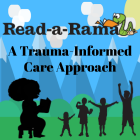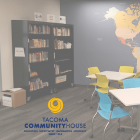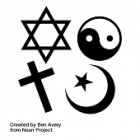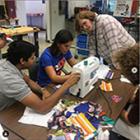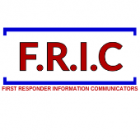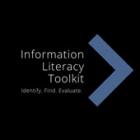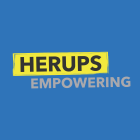
Higher Education Resources for Underprivileged Students
High school students who come from underprivileged backgrounds have difficulty navigating the resources required to pursue higher education. Our solution helps students in the South Seattle area towards finding resources that are tailored to what they need for their own circumstance. From navigating the college process as a first-generation student, to learning more about the scholarships available for undocumented students—our website helps underprivileged students gain the knowledge and power to take action. We come from similar backgrounds as the students we want to help, our project aims to empower those students to take action towards high education. You’re not alone!

